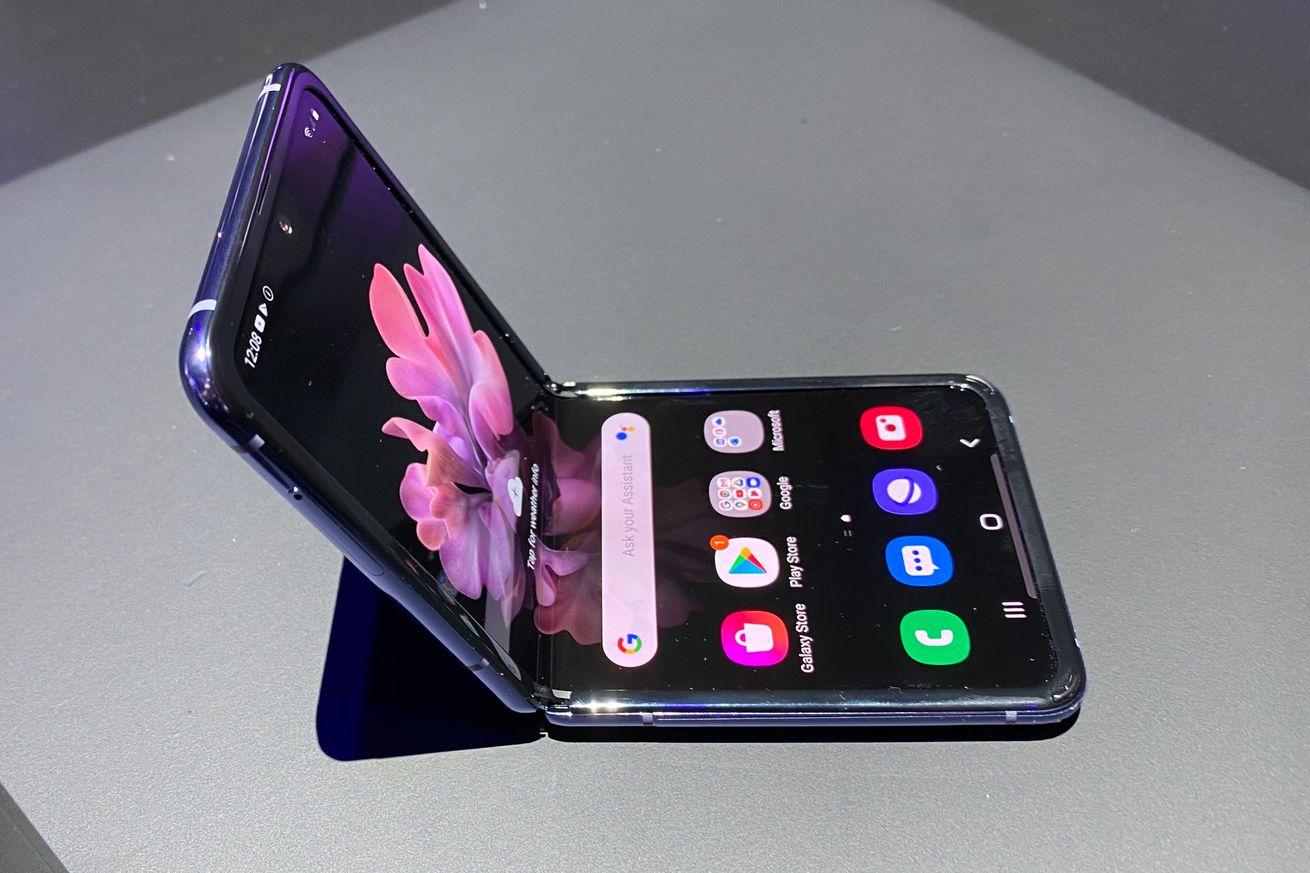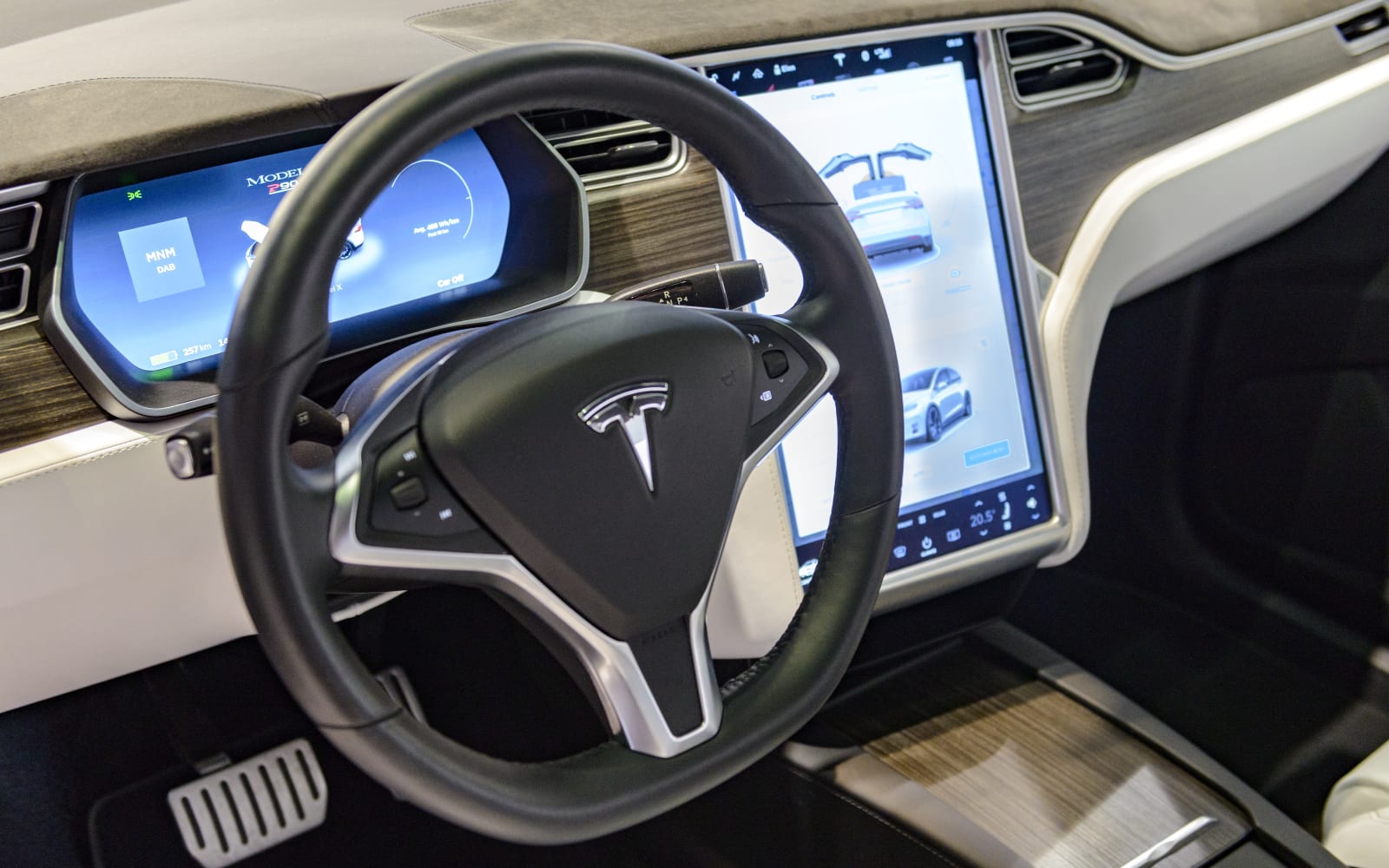Hello and welcome back to our regular look at private companies, public markets and the gray space in between.
This afternoon we’re digging into Lyft’s earnings results, unpacking the company’s performance, the market’s expectations and why shares in the American ride-hailing giant are off in after-hours trading.
Lyft’s earnings — following Uber’s own results that promised investors a quicker-than-anticipated path to (adjusted) profits — and the market’s reaction to its performance, provide a good frame for evaluating investors’ appetite for profits against growth. It’s a topic that’s important for startup founders and private-market investors alike.
Our investigation today is contentedly straightforward. We’ll start with the big numbers, drill into comparative performance and then weigh what the market is telling us.
Lyft’s key Q4 2019 results
In the fourth quarter of 2019, Lyft’s revenue came in at $1.017 billion, a gain of 52% compared to its year-ago result of $669.5 million. Sticking to the growth side of things, the company’s “active rider” count rose from 18.59 million to 22.91 million from Q4 2018 to Q4 2019, a gain of 23%. Lyft’s active riders also spent 23% more year-over-year, reaching $44.40 in the final quarter of last year.
Turning to losses, Lyft’s net loss (a metric that includes all costs) was $356.0 million in the quarter, a sharply worse result than its $248.9 million net loss in Q4 2018. The company’s adjusted net loss, however, was $121.4 million, an improvement from its year-ago $238.5 million adjusted net loss.
Turning to adjusted EBITDA, a heavily adjusted profit metric, Lyft lost $130.7 million in Q4 2019, an improvement on its Q4 2018 adjusted EBITDA loss of $251.1 million.
Investors had expected Lyft to report just $985.8 million in revenue and an adjusted EBITDA loss of $163.2 million. The street had also anticipated 100,000 fewer active riders and slightly slimmer revenue per active rider. So, Lyft beat expectations regarding growth, user count and health and for adjusted losses.
And yet Lyft’s shares are off over 4% in after-hours trading. While Lyft’s stock has recovered from lows set in October, 2019, the company’s equity is now more than $20 down from its IPO price, taking into account its post-earnings movement.
Why Lyft’s stock should fall after beating expectations and not changing its profit forecast might appear a bit confusing. It’s not.
Damn you, Uber

via Startups – TechCrunch https://ift.tt/2vlY4vg
 Photo by Amelia Holowaty Krales / The Verge
Photo by Amelia Holowaty Krales / The Verge


 Photo by Vjeran Pavic / The Verge
Photo by Vjeran Pavic / The Verge




